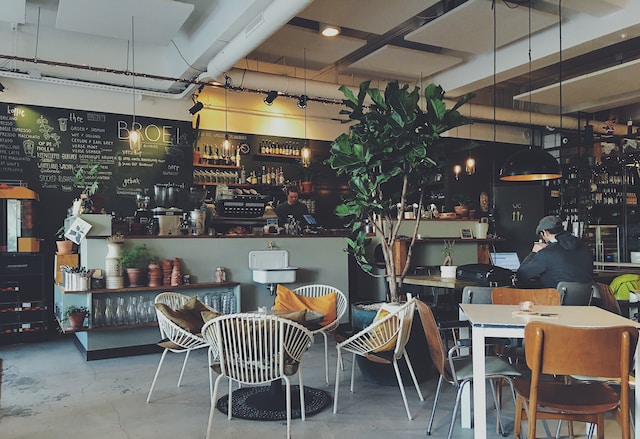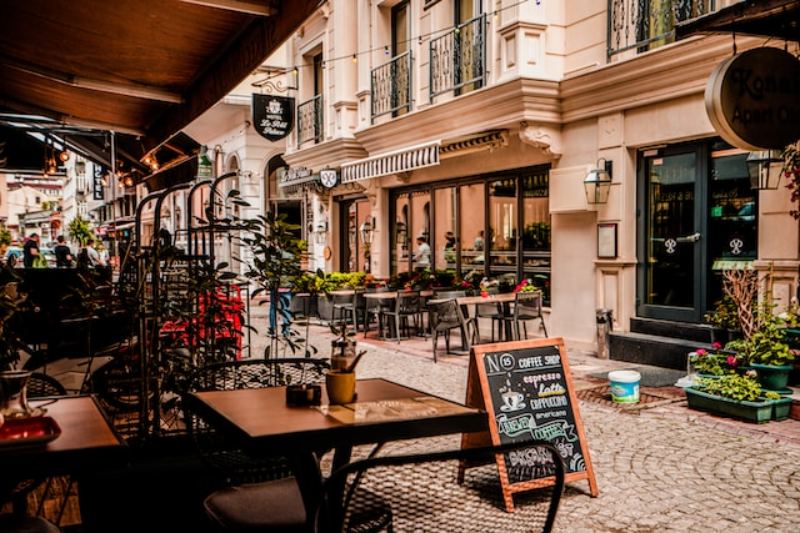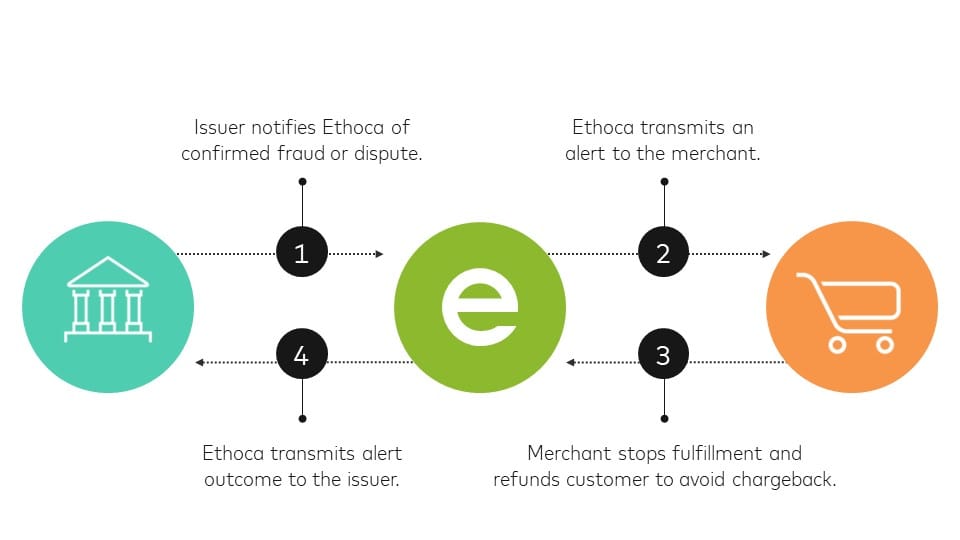
SuperPay helps cafe owners like yourself get paid as quickly as possible. Choose our platform to power your payments & billing.
In recent years, there has been a growing emphasis on sustainability in the food and beverage industry. Consumers are becoming more conscious of the environmental impact of their choices and are actively seeking out businesses that prioritize sustainable practices. Cafes, as popular gathering places for coffee and food, play a significant role in shaping consumer behavior and can make a positive impact on the environment. In this blog post, we will explore the concept of sustainable operations for cafes and discuss various strategies that can be implemented to minimize their ecological footprint. From reducing energy consumption to sourcing sustainable ingredients and training staff for sustainable practices, we will delve into the key areas that cafes can focus on to create a more sustainable future. Additionally, we will also explore the benefits of marketing a cafe's sustainability efforts, both as a unique selling proposition and as a way to engage with the community. So whether you are a cafe owner, a manager, or simply an eco-conscious coffee lover, join us as we dive into the world of sustainable operations for cafes and discover how small changes can make a big difference.
Understanding Sustainability in the Cafe Industry
Sustainability is a multifaceted concept that encompasses environmental, social, and economic considerations. In the context of the cafe industry, understanding sustainability involves recognizing the impact that cafes can have on the environment and the community, and taking steps to mitigate any negative effects. This section will provide a comprehensive overview of sustainability in the cafe industry, highlighting the importance of adopting sustainable practices and exploring the benefits that arise from doing so.
What is sustainability in the cafe industry?
- Definition of sustainability in the context of cafes
- Exploring the three pillars of sustainability: environmental, social, and economic
Why is sustainability important for cafes?
- Environmental impact: Resource consumption, waste generation, and carbon footprint
- Social impact: Community engagement, ethical considerations, and employee well-being
- Economic impact: Cost savings, brand reputation, and customer loyalty
Current challenges for cafes in achieving sustainability
- Limited access to sustainable resources and suppliers
- Balancing sustainability goals with financial constraints
- Overcoming resistance to change and traditional practices
Benefits of adopting sustainable practices
- Positive environmental impact: Reduction in energy and water consumption, waste diversion, and carbon emissions
- Enhanced brand reputation and customer loyalty
- Cost savings through energy efficiency and waste reduction
- Improved employee morale and engagement
Examples of sustainable cafes leading the way
- Case studies of cafes implementing sustainable practices
- Highlighting their successful strategies and initiatives
By gaining a deeper understanding of sustainability in the cafe industry, cafe owners and managers can lay the foundation for implementing effective sustainable practices throughout their operations. This section will equip readers with the knowledge and motivation needed to embark on their sustainability journey and make a meaningful difference in their community and the environment.
Incorporating Green Practices into Cafe Operations
Incorporating green practices into cafe operations is essential for creating a sustainable and environmentally conscious business. This section will explore various strategies and initiatives that cafes can implement to reduce their environmental impact and promote eco-friendly practices. From reducing energy consumption to minimizing water usage and implementing waste management strategies, we will delve into the key areas where cafes can make a significant difference.
Reducing Energy Consumption
- Utilizing energy-efficient equipment and appliances
- Implementing energy-saving practices, such as turning off lights and equipment when not in use
- Installing renewable energy systems, such as solar panels
- Conducting energy audits to identify areas for improvement
Minimizing Water Usage
- Installing water-efficient fixtures, such as low-flow faucets and toilets
- Regularly checking for leaks and repairing them promptly
- Implementing water-saving practices, such as serving water upon request and using water-efficient cleaning methods
- Educating staff on the importance of water conservation
Implementing Waste Management Strategies
- Setting up a recycling program for paper, plastic, glass, and metal
- Composting organic waste and using it for fertilization or partnering with local composting facilities
- Reducing single-use items and encouraging the use of reusable alternatives
- Collaborating with food banks or organizations to donate surplus food
Promoting Sustainable Transportation
- Encouraging staff to use eco-friendly modes of transportation, such as biking or carpooling
- Providing bike racks and incentives for customers to cycle to the cafe
- Offering discounts or rewards for customers using public transportation or electric vehicles
Creating a Sustainable Physical Space
- Using eco-friendly building materials and incorporating sustainable design principles
- Maximizing natural light and ventilation to reduce the need for artificial lighting and air conditioning
- Designing efficient layouts to minimize wasted space and optimize energy usage
- Incorporating green spaces or rooftop gardens to improve air quality and provide a connection to nature
By incorporating these green practices into cafe operations, owners and managers can minimize their ecological footprint and contribute to a more sustainable future. Not only will these initiatives benefit the environment, but they can also attract environmentally conscious customers and enhance the overall reputation of the cafe.

Sourcing Sustainable Ingredients and Supplies
Sourcing sustainable ingredients and supplies is a crucial aspect of running an environmentally conscious cafe. By choosing ethically and sustainably sourced ingredients, cafes can support responsible farming practices, reduce their carbon footprint, and promote the well-being of local communities. This section will delve into various strategies and considerations for sourcing sustainable ingredients and supplies in the cafe industry.
Choosing Ethical and Sustainable Suppliers
- Researching and vetting suppliers based on their sustainability practices
- Assessing supplier certifications, such as fair trade, organic, or Rainforest Alliance
- Prioritizing suppliers who prioritize ethical labor practices, biodiversity conservation, and community support
- Building long-term partnerships with suppliers committed to sustainability
Using Organic and Locally-Sourced Ingredients
- Understanding the benefits of organic ingredients for environmental and human health
- Identifying local farmers and producers for sourcing fresh and seasonal ingredients
- Reducing transportation emissions by sourcing ingredients from nearby suppliers
- Engaging in direct trade relationships with farmers to ensure fair prices and sustainable farming practices
Opting for Eco-Friendly Packaging
- Choosing biodegradable, compostable, or recyclable packaging materials
- Avoiding single-use plastics and styrofoam
- Encouraging customers to bring their own reusable containers or offering eco-friendly alternatives
- Educating staff and customers on proper waste sorting and disposal
Supporting Sustainable Beverage Options
- Offering Fairtrade-certified coffee and tea products
- Exploring sustainable alternatives to dairy, such as plant-based milk options
- Promoting sustainable beverage choices like loose-leaf tea instead of tea bags
- Reducing waste by offering refillable containers for beverages
Engaging in Community Initiatives
- Participating in local farmers' markets or community-supported agriculture (CSA) programs
- Collaborating with local food banks or charities to donate surplus food
- Supporting initiatives that promote sustainable agriculture and food security in the community
- Educating customers about the importance of supporting local and sustainable food systems
By sourcing sustainable ingredients and supplies, cafes can make a positive impact on the environment, support local communities, and provide customers with responsible and high-quality food and beverages. These efforts not only align with the values of environmentally conscious consumers but also contribute to the overall sustainability of the cafe industry.
Training Staff for Sustainable Practices
Training staff for sustainable practices is essential to ensure that the entire team is aligned with the cafe's sustainability goals and actively participates in implementing green initiatives. By educating and involving staff members, cafes can create a culture of sustainability and empower their employees to contribute to a more environmentally friendly operation. This section will explore various strategies and approaches to train staff for sustainable practices in the cafe industry.
Educating Staff About Sustainability
- Conducting training sessions to raise awareness about sustainability and its importance
- Providing information on the cafe's sustainability goals, initiatives, and expected outcomes
- Explaining the environmental impact of various cafe operations and practices
- Sharing success stories and case studies of sustainable cafes
Involving Staff in Green Initiatives
- Encouraging staff to contribute ideas and suggestions for sustainable practices
- Creating a platform for staff to share their experiences and success stories related to sustainability
- Forming a sustainability committee or task force to drive green initiatives
- Rewarding and recognizing staff members who actively participate in sustainable practices
Providing Training on Sustainable Operations
- Conducting specific training sessions on energy-efficient practices, water conservation, and waste management
- Demonstrating proper procedures for recycling, composting, and waste sorting
- Training staff on the use of eco-friendly cleaning products and practices
- Educating baristas on sustainable coffee brewing techniques and waste reduction methods
Incorporating Sustainability into Standard Operating Procedures
- Integrating sustainability practices into the cafe's standard operating procedures and guidelines
- Clearly defining roles and responsibilities regarding sustainable operations
- Regularly reviewing and updating procedures to reflect evolving sustainability practices
- Including sustainability metrics and goals as part of staff performance evaluations
Promoting a Culture of Sustainability
- Encouraging staff to adopt sustainable practices both at work and in their personal lives
- Organizing team-building activities centered around sustainability and environmental awareness
- Creating a positive and supportive environment that values sustainability efforts
- Recognizing and celebrating staff contributions to sustainable practices
By effectively training staff for sustainable practices, cafes can foster a sense of ownership and responsibility among employees, leading to more effective implementation of green initiatives. Staff members who are well-informed and engaged in sustainability efforts can become ambassadors for the cafe's environmental values, influencing both customers and peers. Together, they can create a sustainable cafe culture that extends beyond the physical operations and into the wider community.
Marketing Your Cafe's Sustainability Efforts
Marketing your cafe's sustainability efforts is crucial to showcase your commitment to environmental responsibility and attract like-minded customers. By effectively communicating your green policies and initiatives, you can differentiate your cafe from competitors and build a loyal customer base. This section will explore various strategies and tactics to market your cafe's sustainability efforts and promote your positive impact on the environment and community.
Communicating Your Green Policies to Customers
- Clearly articulating your cafe's sustainability goals, values, and initiatives through signage, menu boards, and online platforms
- Highlighting specific actions taken to reduce environmental impact, such as energy-saving measures, waste reduction, and eco-friendly packaging
- Providing information about the sourcing of sustainable ingredients, fair trade practices, and local partnerships
- Sharing success stories and testimonials from satisfied customers who appreciate your sustainability efforts
Using Sustainability as a Unique Selling Proposition
- Incorporating sustainability messaging into your brand identity and marketing materials
- Developing a unique tagline or slogan that highlights your cafe's commitment to sustainability
- Emphasizing the quality and taste of your sustainably sourced ingredients and eco-friendly practices
- Showcasing any certifications or awards received for sustainable practices
Promoting Positive Impact on the Community
- Collaborating with local non-profit organizations or environmental groups to support community initiatives
- Donating a portion of your profits to environmental causes or hosting fundraising events
- Participating in community events focused on sustainability and environmental awareness
- Sharing stories of how your cafe contributes to the local economy and supports local farmers and suppliers
Leveraging Digital Marketing Channels
- Creating engaging and informative content on your website and blog that highlights your sustainability efforts
- Utilizing social media platforms to share updates, tips, and behind-the-scenes glimpses of your sustainable practices
- Engaging with customers through email newsletters, providing sustainability tips, and updates on new initiatives
- Encouraging user-generated content by asking customers to share their experiences with your cafe's sustainability efforts
Partnering with Influencers and Sustainable Brands
- Collaborating with local influencers or environmental advocates who align with your cafe's sustainability values
- Partnering with eco-friendly brands or suppliers to cross-promote each other's sustainable initiatives
- Hosting joint events or campaigns that promote sustainability and raise awareness
By effectively marketing your cafe's sustainability efforts, you can attract environmentally conscious customers, build a strong brand reputation, and make a positive impact on the community. Through consistent messaging and engaging storytelling, you can inspire others to adopt sustainable practices and contribute to a greener and more sustainable future.
Final Assessment
This blog offers a comprehensive exploration of the strategies and practices that cafes can implement to promote sustainability in their operations. Readers will discover practical steps to reduce their environmental footprint, enhance social responsibility, and ultimately create a more sustainable and eco-conscious cafe business. Whether you're a cafe owner or a coffee enthusiast, this article provides valuable insights into building a more environmentally friendly and socially responsible coffee culture.


